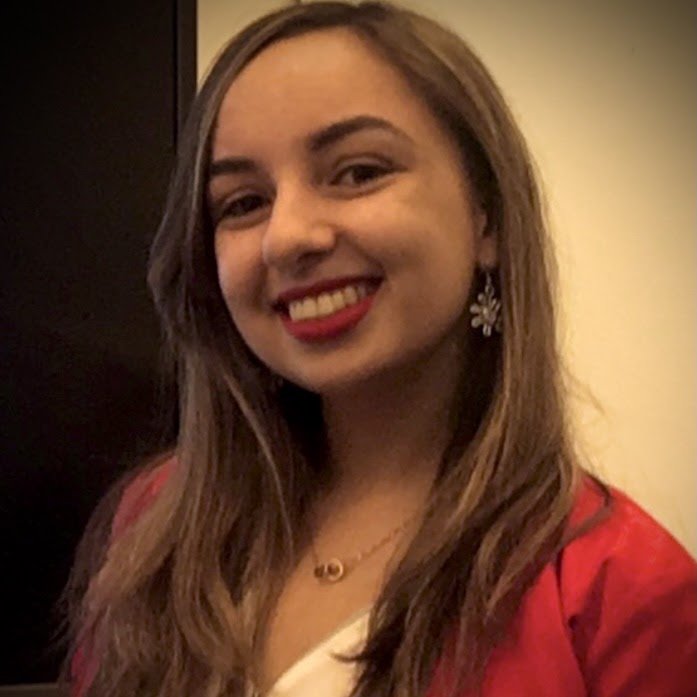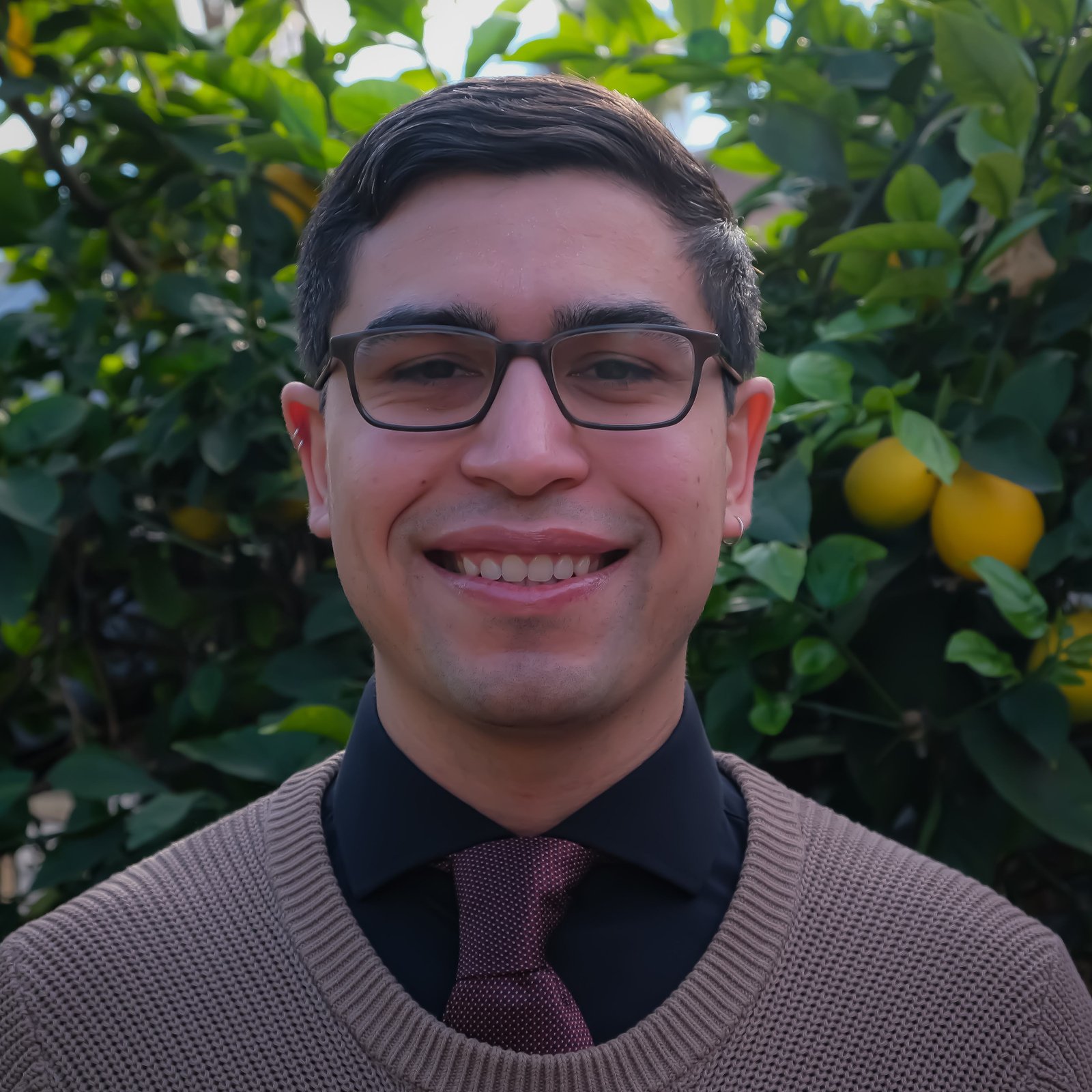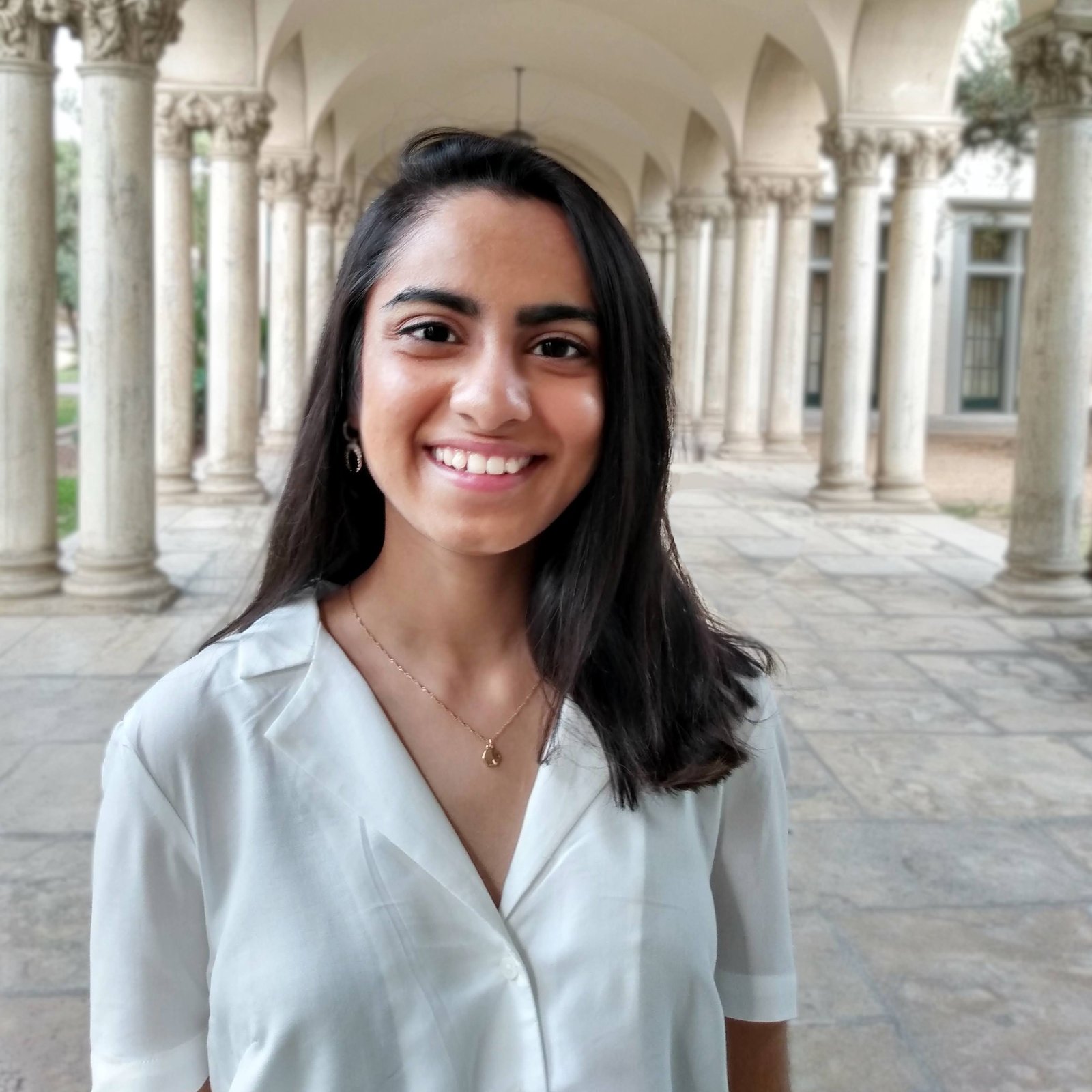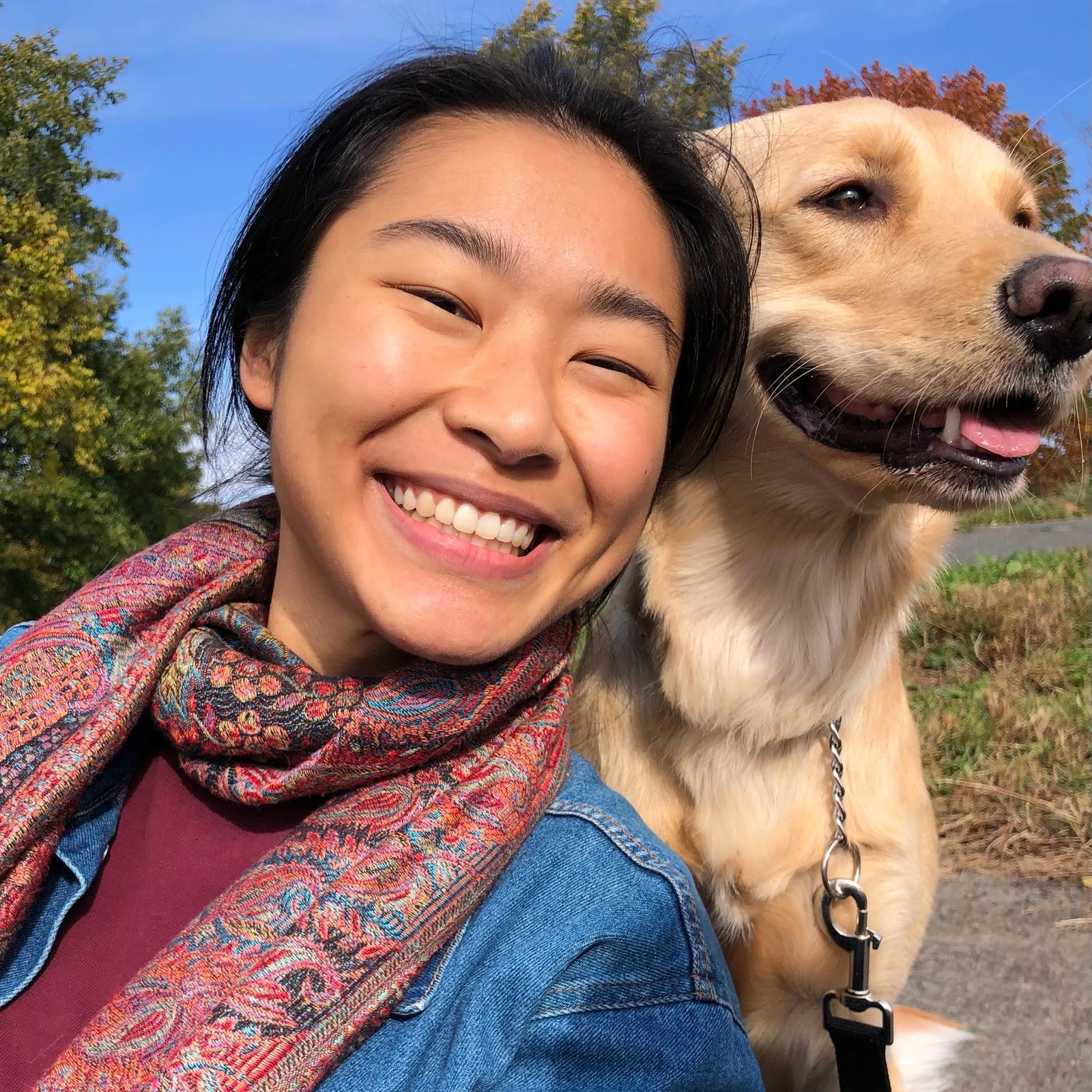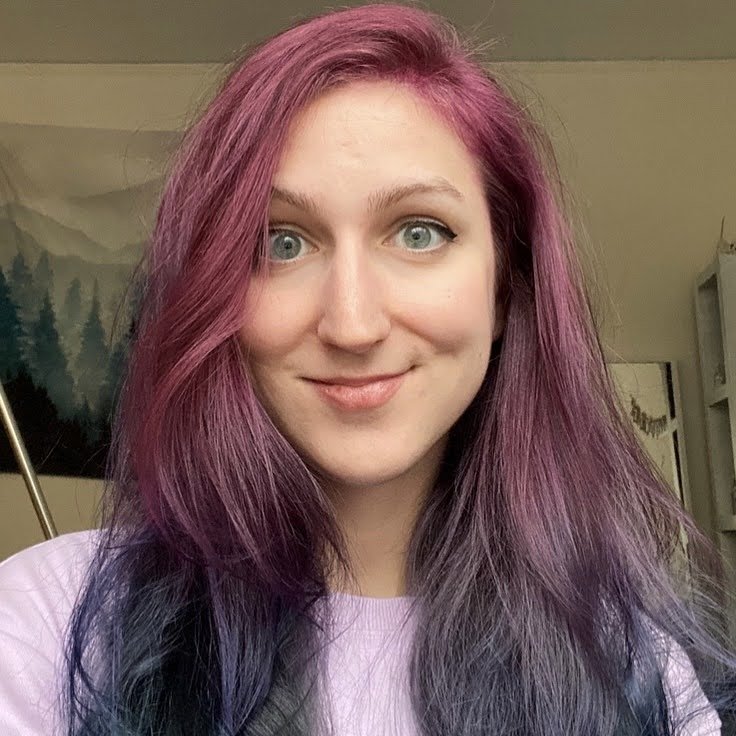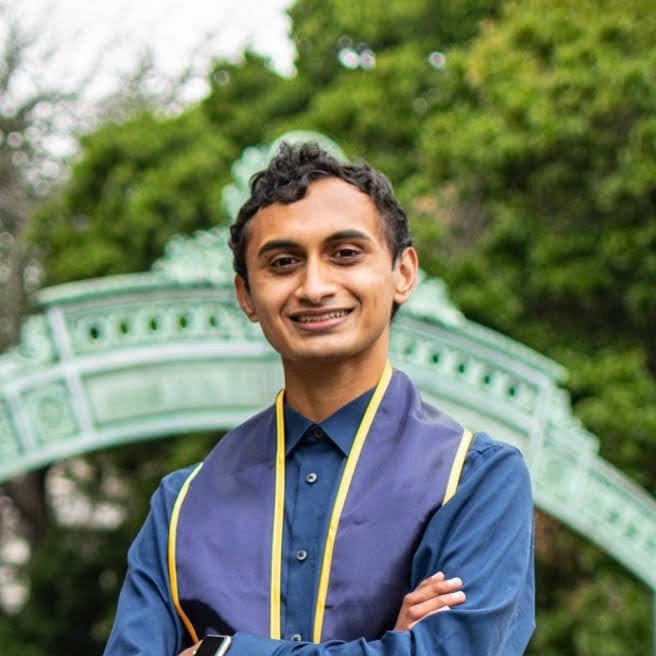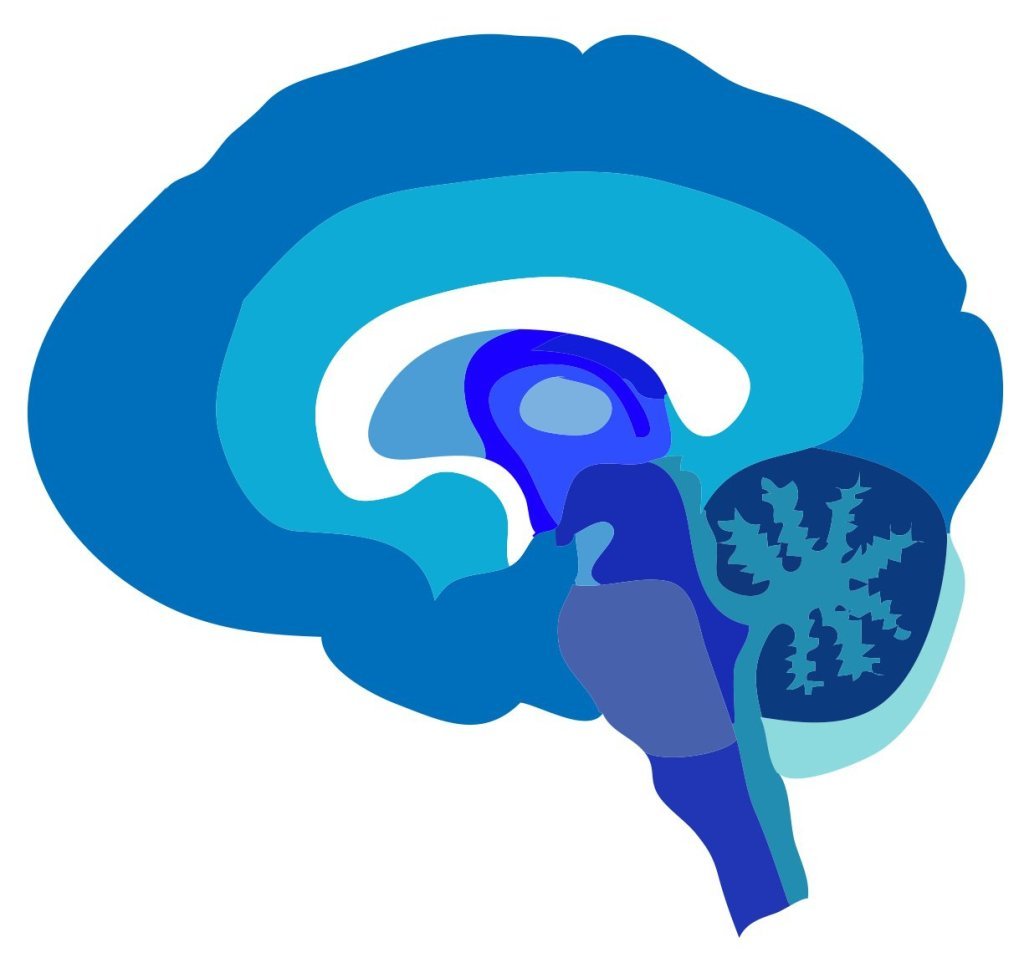Meet the Co-founders
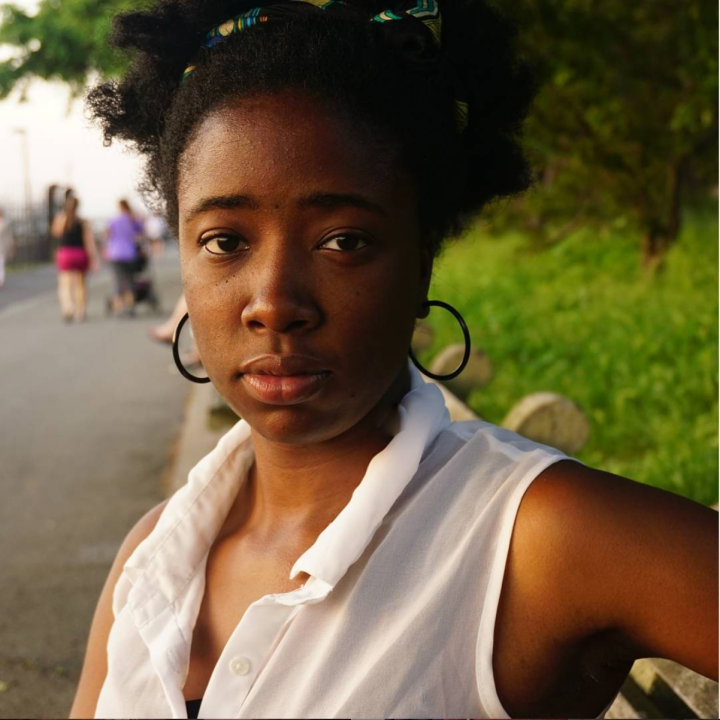
Ashlea Morgan (she/her) is a medical writer at Chameleon Communications, where she helps tell the story of how science becomes medicine. As a PhD student in the Neurobiology & Behavior program at Columbia University, she studied how neurons use a chemical called serotonin to lead to the ability to adapt thinking and emotional behavior. She is a SciSub co-founder and EIC.
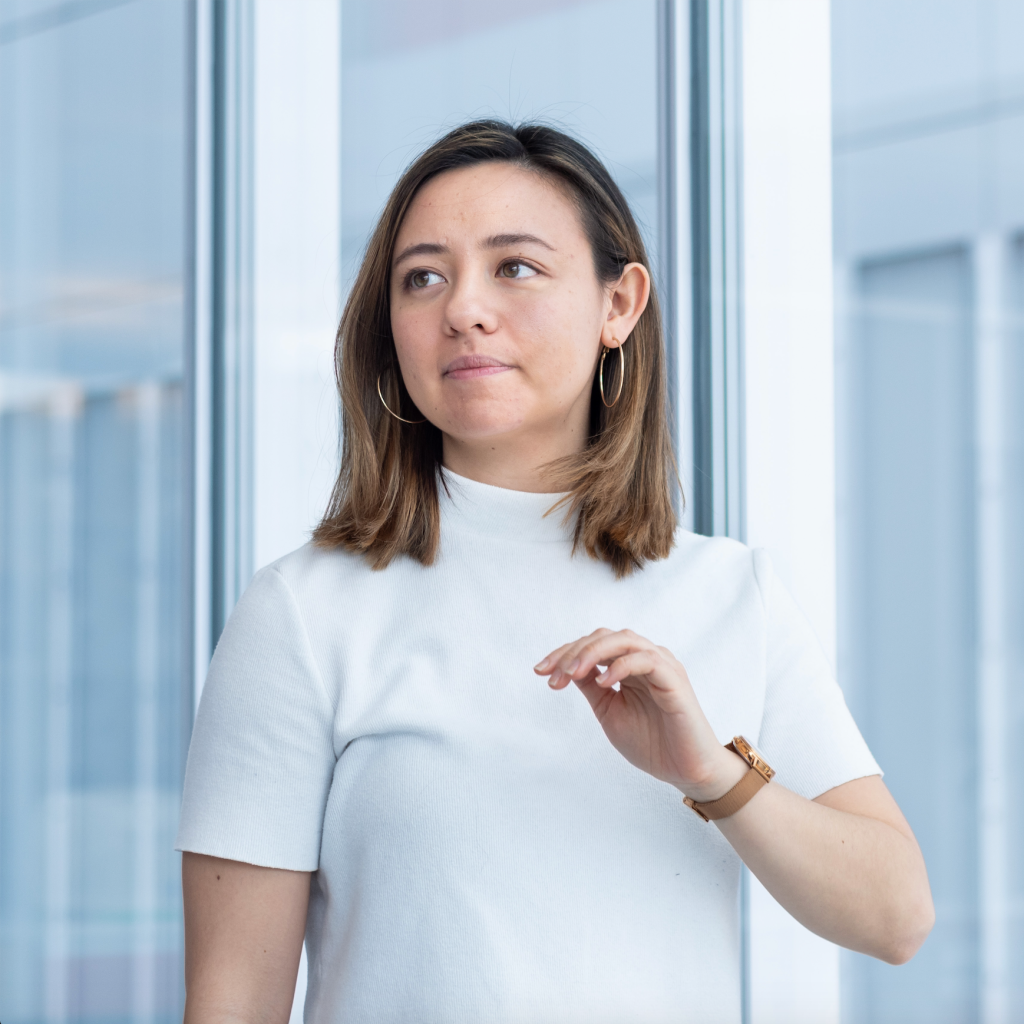
Leslie Sibener (she/her) is a sixth year PhD candidate in the Neurobiology & Behavior Graduate Program at Columbia University. Her research in Rui Costa’s lab focuses on the circuits in the brain that help animals learn new movements. Outside of the lab, she is involved in science communication organizations (Stories of WiN, NeuWrite) and helped launch a free online curriculum database in her past role as Curriculum Development VP for CUNO. She is a SciSub co-founder, EIC, and writer. She takes time to enjoy tennis, hiking, music, and friends.
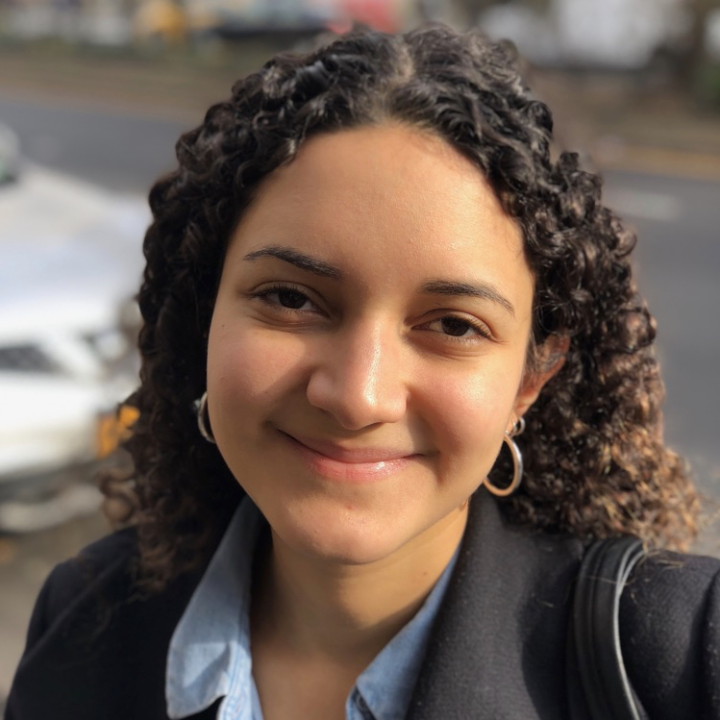
Michelle Stackmann (she/her) is a fifth year PhD candidate in the Neurobiology and Behavior program at Columbia University. In Christine Denny’s lab, she studies how positive and negative memories are encoded and stored in the brain. She is co-president of Columbia University Neuroscience Outreach (CUNO). She is a SciCub co-founder and EIC. She enjoys baking sourdough bread, biking through the city, and taking long drives.
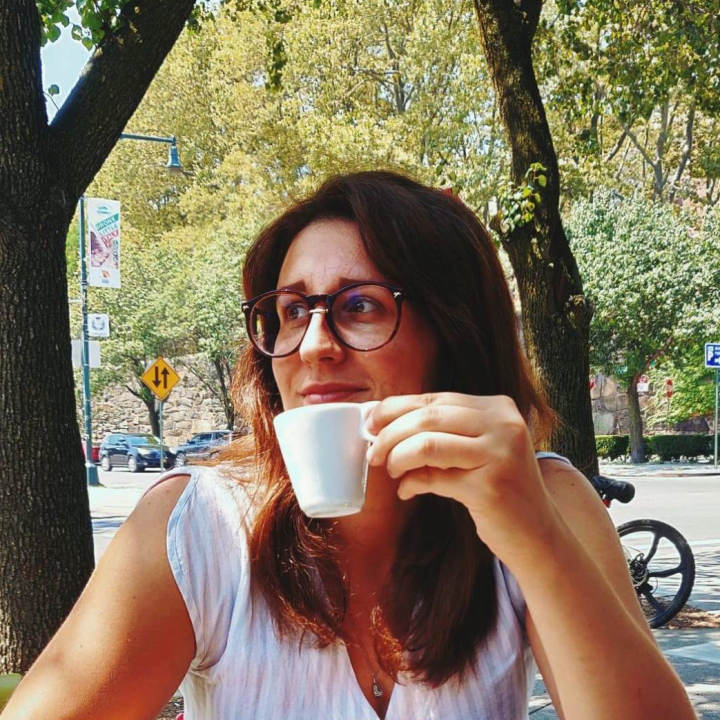
Giulia Zanni (she/her) is a Postdoctoral fellow in the Department of Psychiatry at Columbia University. In Mark Ansorge’s lab, she studies how serotonin alterations in early life shape emotions during the adolescent period. She earned her PhD in Medical Sciences in Sweden, where she lived for 8 years, and her long-standing interest is in understanding the neural brain circuits underlying anxiety in children and adolescents. She is passionate about learning new languages, rowing, and reading. She is a SciSub co-founder, EIC, and writer.
Meet the Writers
Amanda Anqueira-González (she/her) is a first year PhD student in Columbia’s Neurobiology and Behavior program. Currently, she is rotating in different research labs in order to understand how the brain and its components are changed by experiences. As a Puerto Rican in science, she loves to share science with the world and aims to be a role model to others. Outside of the lab, Amanda enjoys crafting, making art, reading and listening to music!
Alex Bautista (he/him) graduated from Stanford University with dual degrees in Neuroscience and Creative Writing. He is currently a first year PhD student in the Neurobiology and Behavior program at Columbia University. His scientific studies revolve around neural plasticity and immune response in regard to aging and neurodegenerative diseases. Beyond the lab, he is interested in experimental electronic music, visual art, and creative fiction writing.

Briana Chen (she/her) is a sixth year Ph.D. candidate in the Neurobiology and Behavior program at Columbia University. As a part of Christine Denny’s lab, her research aims to develop new interventions to enhance stress resilience and prevent stress-related psychiatric disorders such as post-traumatic stress disorders (PTSD) and major depressive disorder (MDD). She is passionate about music, needlepoint, and reading. She is a SciSub writer and social media head.
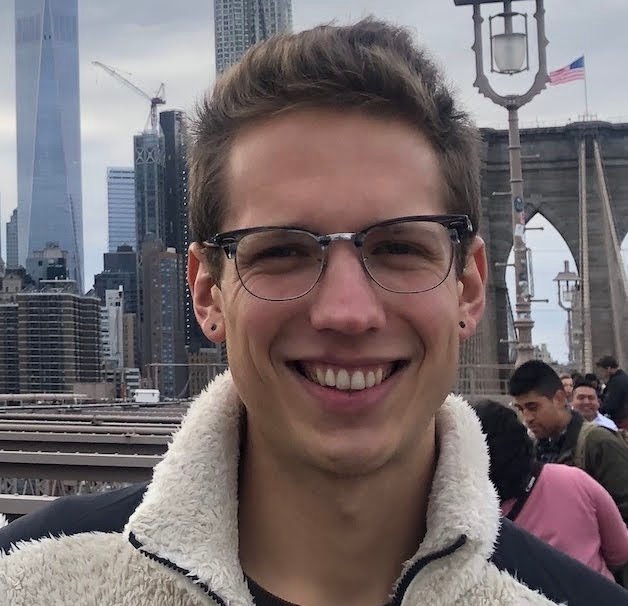
David Clark (he/him) is a third year Ph.D. student in the Neurobiology and Behavior program in the labs of Larry Abbott and Richard Axel. He is interested in using machine learning and theoretical modeling to understand how the brain represents and processes information. In his free time, David enjoys listening to music and exploring NYC.
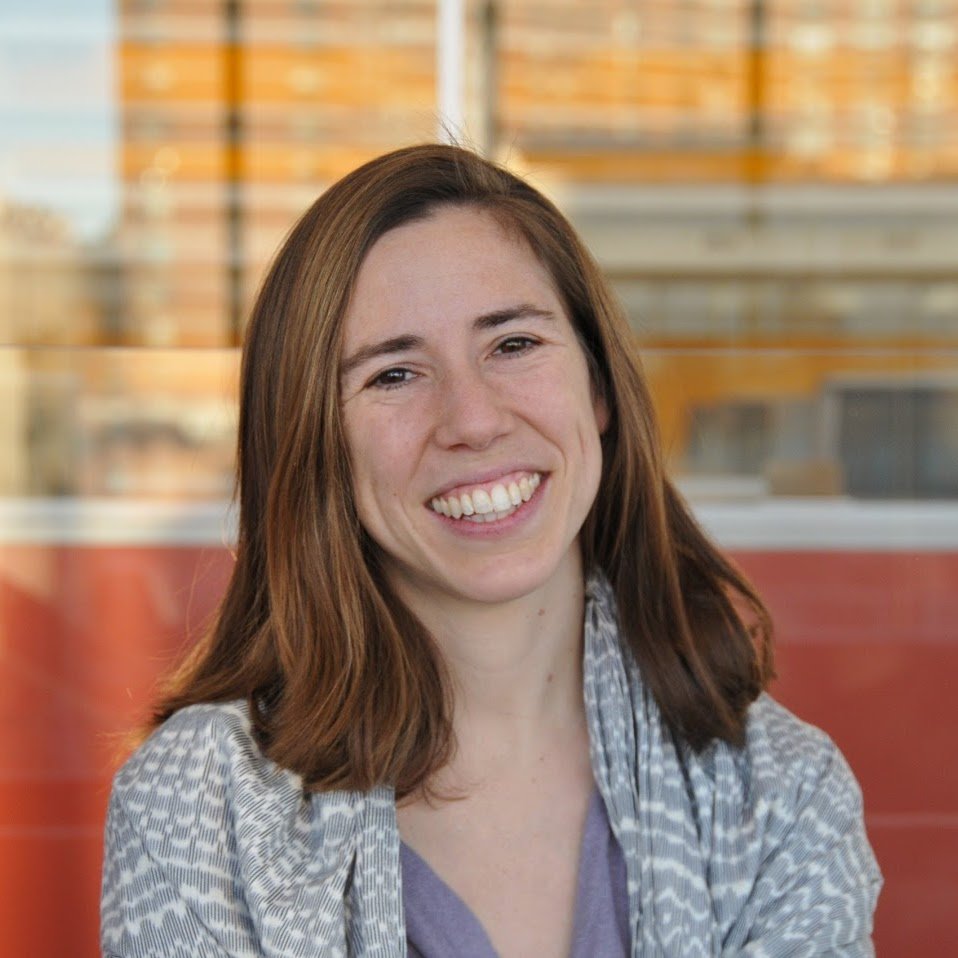
Rachel Duffié (she/her) is an Associate Research Scientist in Stavros Lomvardas’ laboratory at the Zuckerman Mind Brain Behavior Institute. She graduated from the University of Virginia and moved to France where she completed a Masters and PhD at the Curie Institute. She is fascinated by the way the genome works, especially in the context of neuroscience and development. Rachel marvels at the natural world and is eager to find solutions to mitigate climate change. When she is not at the lab, she can be found at the playground with her two small children, or outside of the city traveling, camping, or hiking.
Ishani Ganguly (she/her) graduated from Caltech with a degree in Computation and Neural Systems and is now a second year PhD student at Columbia’s Zuckerman Institute. She is interested in building computational models to understand how the brain organizes and processes sensory information. When she’s not working on her research, Ishani can be found listening to new music and podcasts, catching up with her friends, or exploring local restaurants, museums, and coffee shops.
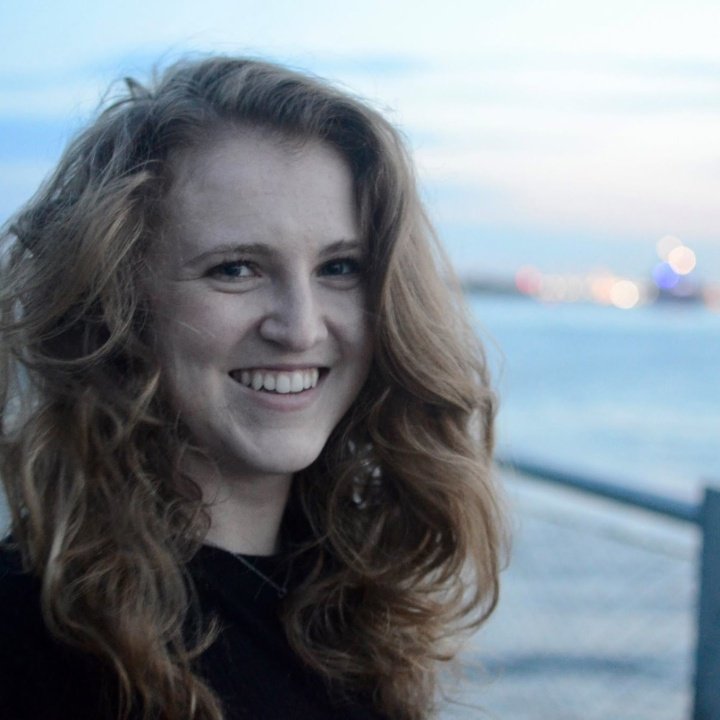
Camille Gasser (she/her) is a third-year PhD student in the Psychology Department at Columbia. She works with Dr. Lila Davachi to study the cognitive neuroscience of episodic memory, and is currently interested in exploring how prior knowledge about the structure of the world can help scaffold memory for new experiences. Camille spends her free time reading, playing video games, and forcing her friends to look at pictures of her family’s two dogs: Olive & Tootsie.
Zhouzhou (Jo) He (she/her) is a first year PhD student in Columbia’s Psychology department. She works in the Social Cognitive and Affective Neuroscience Lab under the mentorship of Kevin Ochsner. Her research explores how we regulate others’ emotions and its implications for well-being. Ultimately, she wants to do science that can improve people’s lives. Outside of the lab, she loves collecting funky socks, journaling and dabbling in visual design.
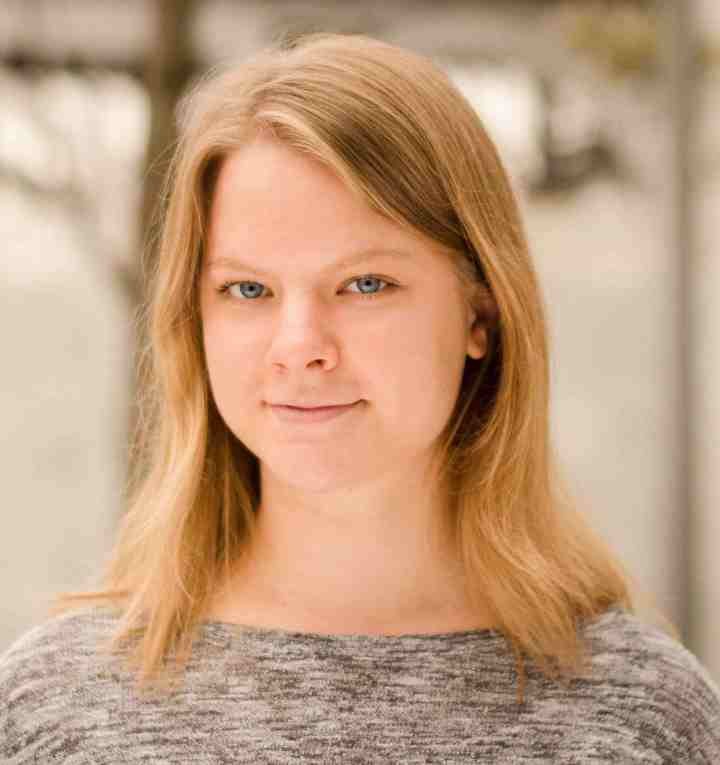
Eliza Jaeger (she/her) is a third year Ph.D. student in Biological Sciences at Columbia, working in the lab of Maria Tosches. In the Tosches Lab, she studies the evolution neural circuits in the vertebrate forebrain using the salamander model Pleurodeles waltl. She is also super passionate about science communication and outreach, and has loved working with CUNO and as the co-president of Women in Science at Columbia (WISC). When she isn’t hanging out with her salamanders, Eliza loves traveling, exploring New York City, and eating way too much Thai food.
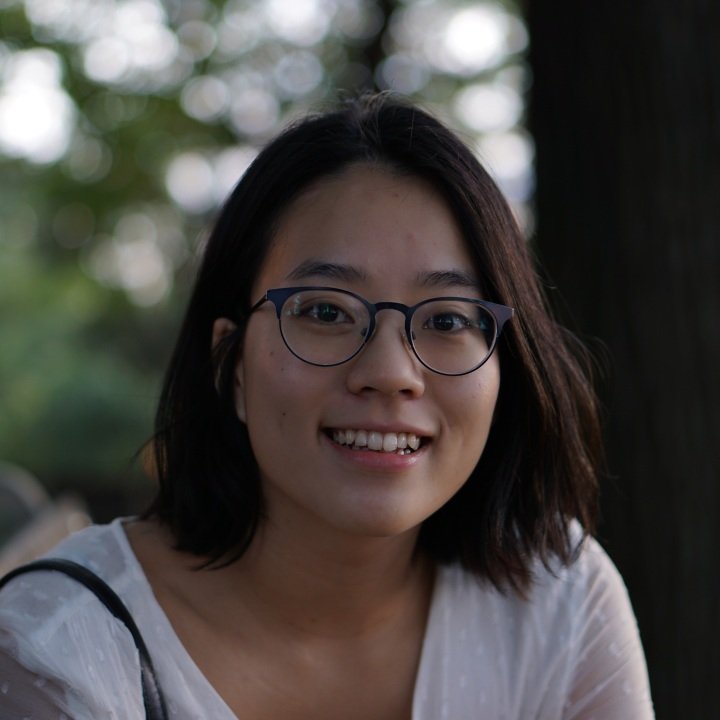
You-Nah Jeon (she/her) is a fifth year PhD student in Columbia’s Neurobiology and Behavior program, in Dr. Elias Issa’s lab. She studies the marmoset visual cortex and is the neural mechanisms and computations behind our ability to visually recognize objects. Outside the lab, she enjoys exploring New York City by foot or by electric scooter.
Michelle Jin (she/her) graduated from Cornell University with a dual degree in Biology and Psychology. She is now a 3rd year MD/PhD in a lab of Christine Denny where she studies the mechanisms underlying sundowning and other neuropsychiatric symptoms of Alzheimer’s disease. Outside of the lab, Michelle enjoys cooking, hiking, movies, and traveling.

Jon Kasdin (he/him) is a third year Ph.D. student in the Neurobiology and Behavior program. He is currently studying how zebra finches learn to perform motor sequences using computational and experimental techniques. In addition to his lab work, Jon has strong interests in science writing and science policy. Outside of science, his passions include listening to and playing music, biking, and anything to do with nature.
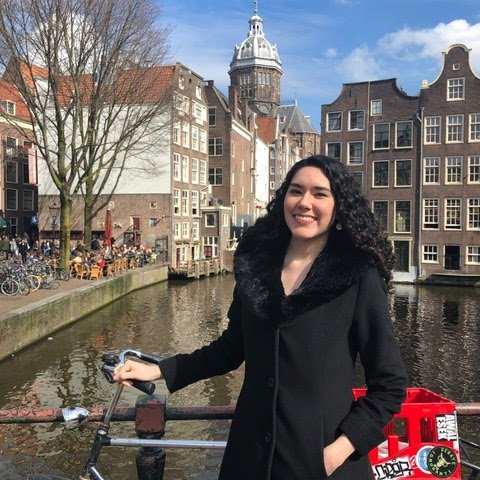
Josephine (Josie) McGowan (she/her) is a sixth year Ph.D. student in the Neurobiology and Behavior program at Columbia University. Her research focuses on the underlying biological basis of resilience against stress-induced psychiatric diseases such as post-traumatic stress disorder (PTSD) and major depressive disorder (MDD) in Christine Denny’s lab. As a first-generation college student of a Hispanic background, she actively seeks to serve as a positive influence on others of similar background. She is also passionate about literature, marathon running, and seeing and engaging with as much of the world as possible.
Elizabeth Pekarskaya (she/her) is a fifth year PhD student in the Neurobiology and Behavior program at Columbia University. She works in the Department of Molecular Therapeutics with Dr. Jonathan Javitch, investigating the neurobiology underlying affective disorders and how the opioid system can become both dysregulated and targeted in a subset of depression. Outside of the lab, she loves aerial acrobatics, reading (too many books at once so she never finishes any), and games with friends.
Arnav Raha (he/him) is a lab manager/research technician in the Gadagkar Lab at Columbia’s Zuckerman Institute. Previously at UC Berkeley studying social interactions in fruit bats, he is currently working on understanding how zebra finches are able to flexibly adapt their innate vocalizations in different contexts. Outside of research, he is fond of animals of all kinds, learning languages, and hanging out by bodies of water.
Francisco Sacadura (he/him) graduated from University College London with a MSci degree in Neuroscience. He is now a second year PhD student in the Neurobiology and Behavior program in the labs of Mark Churchland and Sean Escola. He is interested in combining behavioral manipulations, neural recordings and computational modelling to understand motor control and learning in primates. Outside of the lab, he enjoys playing soccer, board games, reading, and spending time with friends.

Ben Silver (he/him) is a third year PhD student in Columbia’s Psychology department. He works in the Social Cognitive and Affective Neuroscience lab under the mentorship of Kevin Ochsner. His research focuses on neural representations of other people, and how those representations change over time as we acquire new information. He also works as an instructor with the Zuckerman Institute’s BRAINYAC program. In his free time, he enjoys reading, volunteering for political campaigns, and playing his new favorite board game, Azul.
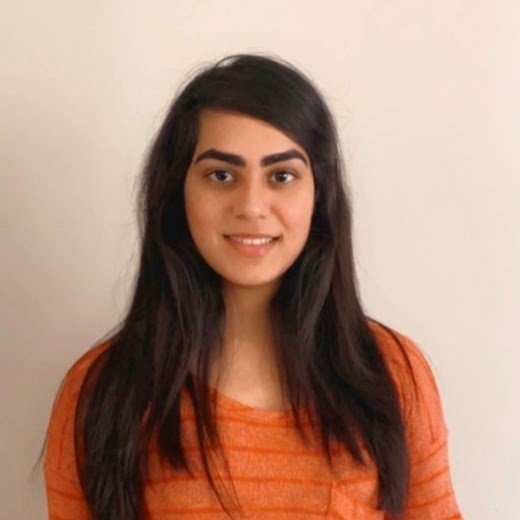
Urvashi Thopte (she/her) is an M.A. Biotechnology student at the Graduate School of Arts and Sciences. She is working under the mentorship of Dr. Brandon Pearson to study how de novo mutations caused by exposure to certain environmental agents can play a role in the development of neurological disorders. In her free time, Urvashi enjoys reading, yoga, going out with her friends and playing board games.
Jack Whiteley (he/him) is a first year PhD student in Columbia’s Neurobiology and Behavior program. He is currently studying the dysfunction of the thalamocortical circuit at several risk loci in genetic epilepsy. Previously at University of California, San Diego, he generated stem cell models to investigate gene targets in autism spectrum disorder (ASD) and schizophrenia. Ultimately, he wants to better understand the genetic basis of neurological disorders and create model systems that permit for drug discovery. When not in the lab, Jack likes to play the piano, go thrifting (in Brooklyn), and drink gallons of coffee with friends.
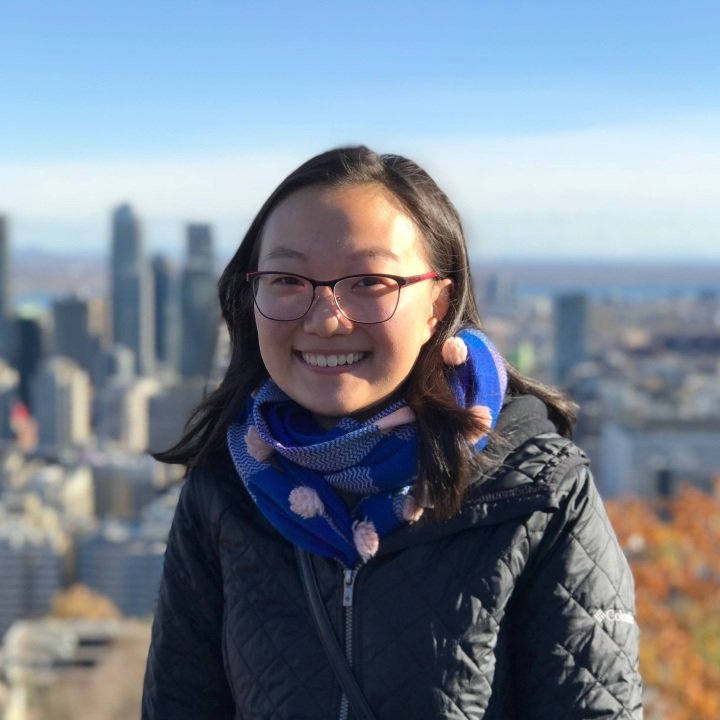
Alice Xue (she/her) recently earned her Bachelor’s degree in Neuroscience from Columbia University. She is currently working as a research assistant in Dr. Daphna Shohamy’s lab, where she is studying the neural and computational mechanisms of decision-making, learning, and memory. Alice spends her free time watching cooking and travel shows, reading long-form articles, and listening to funny podcasts.
Previous members
Shivani Bigler, Neurobiology & Behavior Ph.D. student, writer
Liz Hogdson, Barnard College student, writer
Ching Fang, Neurobiology & Behavior Ph.D. student, writer
Lucie Zhu, Pathobiology Ph.D. student, writer
Nova Qi, Integrated Program Ph.D. student, writer
Benjamin Antin, Neurobiology & Behavior Ph.D. student, writer
Melissa Lee, Neurobiology & Behavior Ph.D. student, writer
Marina Triplett, Integrated Program Ph.D. student, writer
Nainika Roy, Neurobiology & Behavior Ph.D. student, writer
Maia Weisenhaus, research assistant, writer

